Which pool heating system is right for my pool?

Perhaps you have already been enjoying your pool for many years, or just a few season, but you would now like to start heating it. Several pool heating solutions are available for you to choose from but you must first ask yourself the right questions to choose the best one for your requirements.
Exactly why should you heat your pool?
In most cases, the idea is to prolong the swimming season in the spring and autumn. If you live in a region where summers are cool, perhaps you would like your pool water to be a little warmer mid-seasons? Or then again, you just can't stand the idea of bathing in water bellow 28°C? Depending on your expectations and on where you live, there will be a wide variation in the heating power for your pool, initial investment required and consumption during use. From boosting the temperatures by a few degrees to make swimming more comfortable, to heating a pool in the mountains so you can have a spash even in winter, there is no comparison! The size of the pool basin is also a key factor.
How do you heat a pool?
Electric heating in a pool
The principle is simple, as is the installation, because it consists of a resistor that heats the water: the heating resistor is placed in the filtration circuit, heating the water as it passes through. With a high electricity consumption, this solutions is however effective and highly reactive. But its very high cost means it is reserved for very small pools or spas.
A gas or fuel oil boiler specifically for your pool
It is entirely possible to invest in a gas or fuel oil boiler dedicated specifically to heating your pool. This solutions is very well adapted to large basins, but represents a large investment and also requires free space near the pool.
A heat exchanger on your residential heating system
You can also install an exchanger on the existing house heating circuit (boiler or heat-pump) so you can easily switch your central heating across to focus on your pool in the bathing season.This solution can be envisaged if your boiler is not too old and is quite economical in energy, or if you have your house and pool built at the same time. Another condition to take into account is that the pool must not be too far from the house, otherwise the water may lose heats as it travels to the pool.
A heat pump to heat your pool
This is the most economical solution during use, because heat pumps consume less energy than they produce. Thus, Hayward's heat pumps with "Full Inverter" technology offer an excellent consumption/ comfort ratio. Thanks to this Full Inverter technology, the heat pump adapts to the outdoor weather conditions in real time to maintain the desired water temperature at minimal cost. This can help you save up to 30% savings in electricity! The pool heat pump is constantly making slight readjustments to its operation, which avoids peaks in consumption and also considerably reduces the noise emitted. The latest models can be managed remotely on smartphones, tablets or computers, which is a real advantage because it can take some time to heat the water. A heat pump can be installed very easily during renovation of an existing pool, whether it is above-ground or in-ground, and for any pool configuration.
To find the heat pump that best corresponds to your requirement, take a look at our Heat Pump configuration tool!
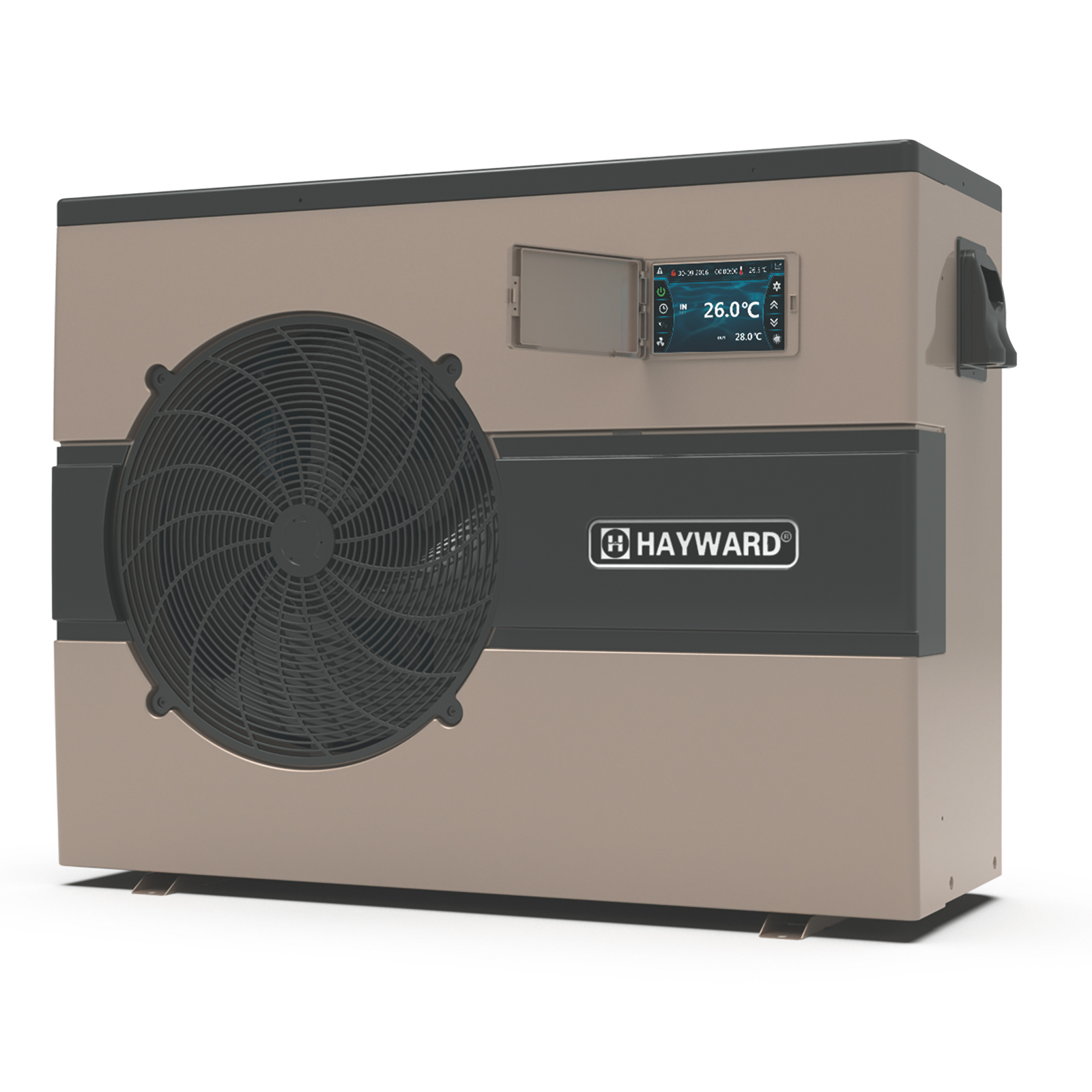
A pool cover - the essential additional item for any heating system
If you decide to install a heating system in your pool, you must imperatively consider the pool cover at the same time. An uncovered, heated pool is a financial black hole since the calories escape naturally, and not only at night. Indeed, when the pool water is warmer than the air, it is constantly evaporating and consumes energy to go from a liquid state to a gaseous state. This is even the primary source of energy consumption. Also, don't forget that when cold water is added to compensate for the evaporation, you immediately cool the pool.
When should you cover your pool?
To avoid excessive energy losses, you should cover your pool every night and ideally during the day whenever it is not in use. There are several types of cover, for a wide variety of budgets.
The various types of pool covers
- Bubble covers
Simple to install, accessible in terms of its budget, this is the most popular yet the least effective choice. The air in the bubbles is heated by the sun and contributes to heating the pool water during the day. At night, this mattress lessens the reduction in temperature by retaining heat. Last advantage, a bubble cover also limits water evaporation, in particular in high summer. - Opaque covers
These are more effective than bubble covers, but are more difficult to handle so a roller is essential. There is a risk they will be rolled out less often, so heat losses stay high. - Roller shutters for pool
Pool roller shutters require the largest initial investment, but are also the most practical and perform the best. Simply close them over the pool when nobody is in it. This is very easy with an automatic roller shutter! This type of automatic cover contributes to heating the water, prevents debris falling into the pool, and is also an approved safety system that complies with standards.
You will like also ...
ALL NEWS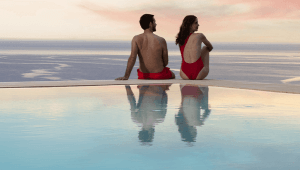 Renovation tips for my pool
Renovation tips for my pool
How can you refurbish your pool to make it more energy-efficient?
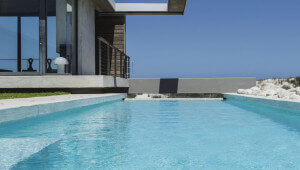 Renovation tips for my pool
Renovation tips for my pool
Renovating your pool: the key questions
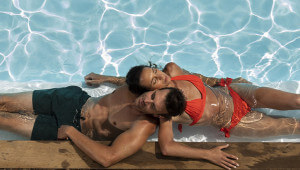 Renovation tips for my pool
Renovation tips for my pool
Which water sanitization system should you choose for your pool?
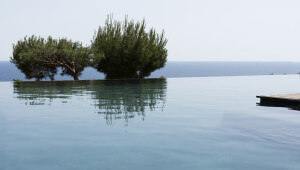 Renovation tips for my pool
Renovation tips for my pool
Noisy pool motors: which solutions are available?